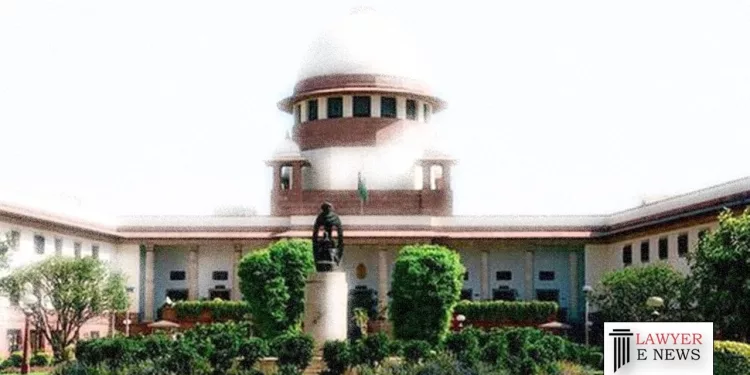Supreme Court Upholds Rule of Alternate Remedy, Restricts High Court Interference in SARFAESI Cases

In a significant ruling, the Supreme Court emphasized the limitations on High Court interference in cases related to the Securitisation and Reconstruction of Financial Assets and Enforcement of Security Interest Act (SARFAESI Act). The Court invoked the rule of alternate remedy and urged litigants to exhaust statutory remedies before approaching the High Court under Article 226 of the Constitution.
Justice Sanjiv Khanna and Justice M.M. Sundresh, the bench hearing the case, underscored the discretionary power of the High Court and the exceptions to the rule of alternate remedy. They stated, “The High Court has the discretion not to entertain a writ petition. But the alternative remedy has been consistently held by this Court not to operate as a bar… where the writ petition seeks enforcement of any of the fundamental rights or where there has been a violation of the principle of natural justice or where the order or proceedings are wholly without jurisdiction or the vires of an Act is challenged.”
The Court further emphasized that financial transactions, especially those involving non-state entities, require careful consideration and adherence to the prescribed procedures. Quoting from previous judgments, the Court stated, “When a statute prescribes a particular mode, an attempt to circumvent shall not be encouraged by a writ court… A litigant cannot avoid the noncompliance of approaching the Tribunal which requires the prescription of fees and use the constitutional remedy as an alternative.”
Highlighting the need for caution and circumspection, the Court remarked, “The powers conferred under Article 226 of the Constitution of India are rather wide but are required to be exercised only in extraordinary circumstances in matters pertaining to proceedings and adjudicatory scheme qua a statute, more so in commercial matters involving a lender and a borrower when the legislature has provided for a specific mechanism for appropriate redressal.”
DATE OF DECISION: April 17, 2023
M/S. SOUTH INDIAN BANK LTD. & ORS. vs NAVEEN MATHEW PHILIP & ANR. ETC. ETC.






